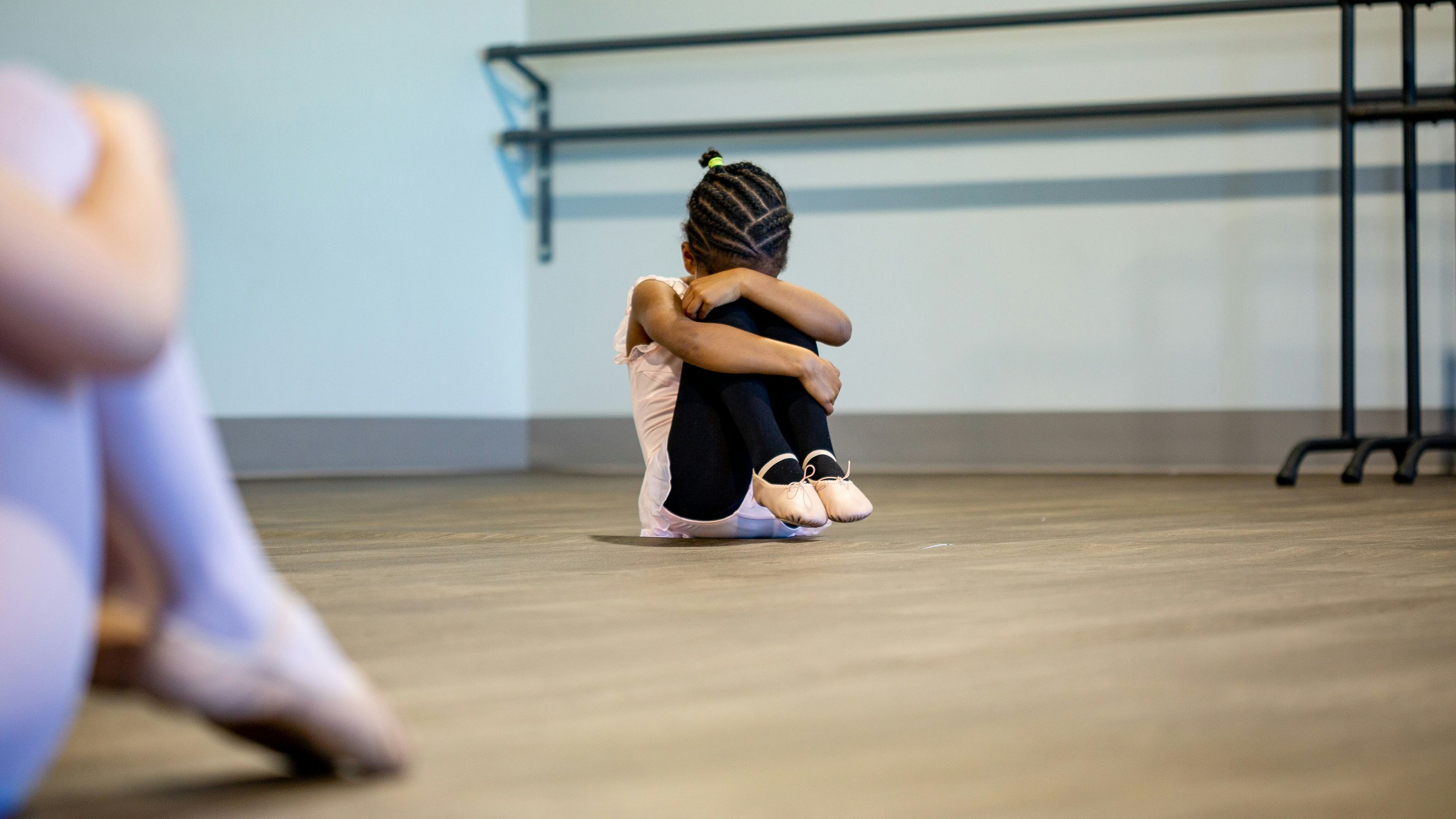Understanding Relationship OCD: An Invisible Emotional Storm
Sep 09, 2025
Relationship OCD or ROCD is a particular form of obsessive-compulsive disorder in which the intrusive doubts and fears are centered on the relationships with the partner. Rather than spending time together, feeling positive and trusting, an individual with Relationship OCD gets stuck in the loop of doubting, interpreting, and doubtful about how they feel or what their partner is like. What may appear as concerns to others may appear as crushing thoughts that interfere with the normal life and lead to emotional torment.
The Way Relationship OCD Influences Relationships
The questions that many people raise include whether they really love their partner, whether that partner is the right one or whether the relationship can be sustained. In other situations, the focus is on qualities of a partner, including the appearance, personality or habits, which will result in endless comparisons with other people or other relationships. Such suspicions are not incidental, but recurring, regularly, so that one cannot easily rest, be in-the-moment or even enjoy spending time together. In time, the cycle may lead to alienation in the relationship even when the partners wish to be close to each other.
Normal Doubts and Relationship OCD
At some point, it is usual to question a relationship particularly when making critical decisions. The distinction between Relationship OCD and the one discussed is in the strength and perseverance of the thoughts. Rather than shooting concerns, the anxieties are urgent, repetitive and almost impossible to drop. As a means of alleviating the pain, most individuals turn to getting reassurance out of the partner, reassurance on the same topic or trying to test the emotions in one way or another. These compulsions can relieve anxiety in the short term but it usually reinforces the cycle over time.
Locating a Way To Recovery
The positive thing is that Relationship OCD can be treated. Evidence-based measures, including cognitive-behavioral therapy and exposure and response prevention, can assist the patients to confront intrusive thoughts without succumbing to the urge to engage in compulsions. In the long run, the process will help decrease the strength of the obsessions and allow authentic emotions to resume. Medication helps some individuals as well, but the greatest thing is to learn how to get out of the loop of uncertainty and reassurance. Patience and practice help people to feel clarity, stability, and closeness in their relationships once more, through recovery process.
The ways that OCD and Anxiety Courses Provide Support
OCD & Anxiety Courses are a practical alternative to therapy or to those who may not be prepared to have therapy or want to have it at their own pace. These classes are intended to impart the skills of dealing with obsessive cognitions and decreasing compulsive actions. They provide people with the means to practice in their everyday lives with clear guidance, real-life examples and strategies developed by the therapist.
With these Internet-based programs, a person with the problem of Relationship OCD will learn how to identify intrusive thoughts, how to cope with the need to reassure themselves, and slowly develop a tolerance to uncertainty. The availability of this knowledge at any time offers a conducive environment to development particularly when it is coupled with other assistance.
Getting Back to Connection and Emotional Freedom
Having Relationship OCD is like there is a wall of doubt between you and love. But this is not an everlasting wall. The right attitude and practice will help break the obsessive habit and people will find the comfort of true connection once again. When relationships stop being marred by unending questioning and fear, they are much more satisfying.
The first step of support is a strong step. One of the ways to begin to regain control, find peace of mind and get relationships working again again is Exploring OCD & Anxiety Courses. Clarity, confidence, and emotion freedom can be used instead of the confusion and overwhelming sensation they used to create.















